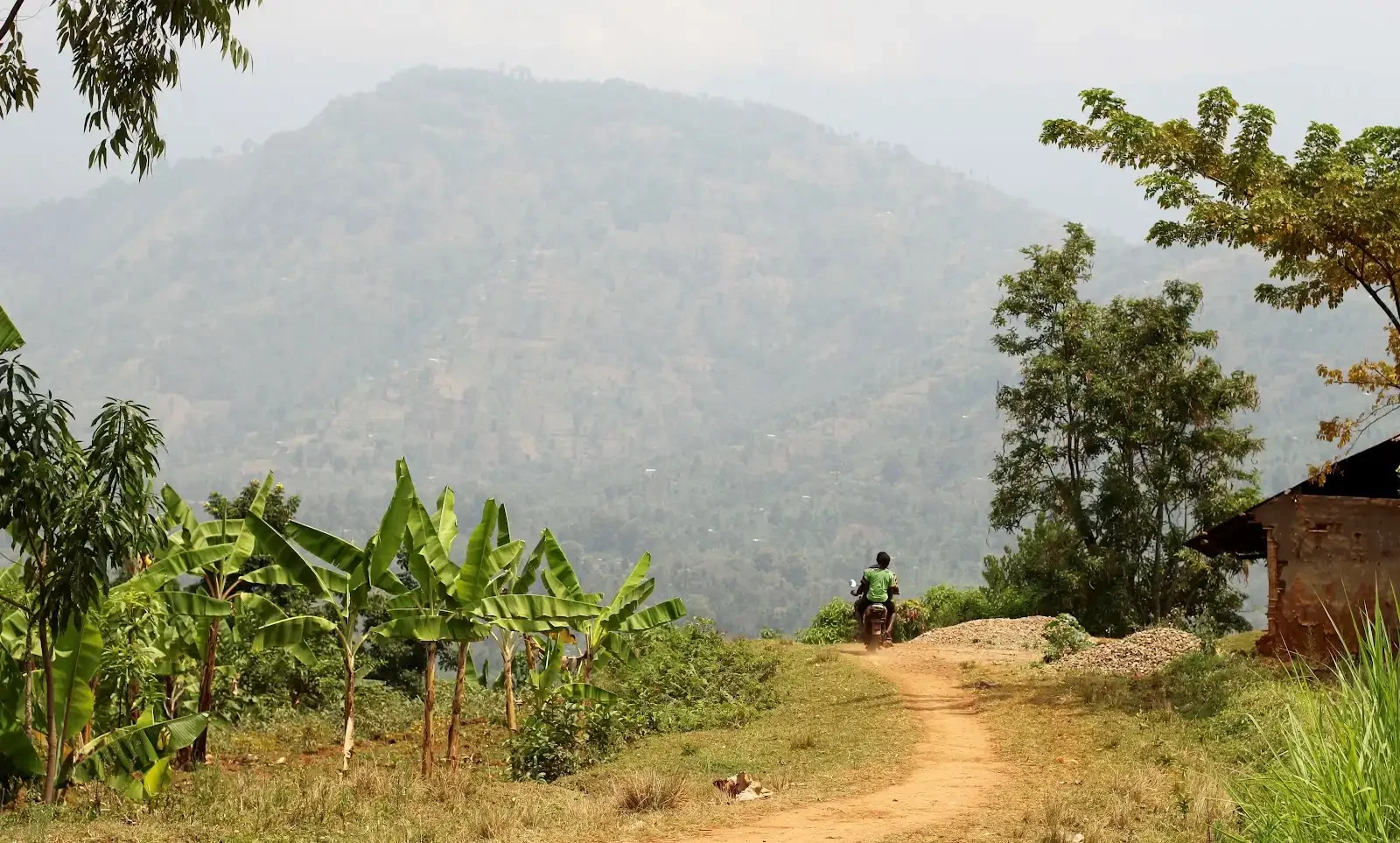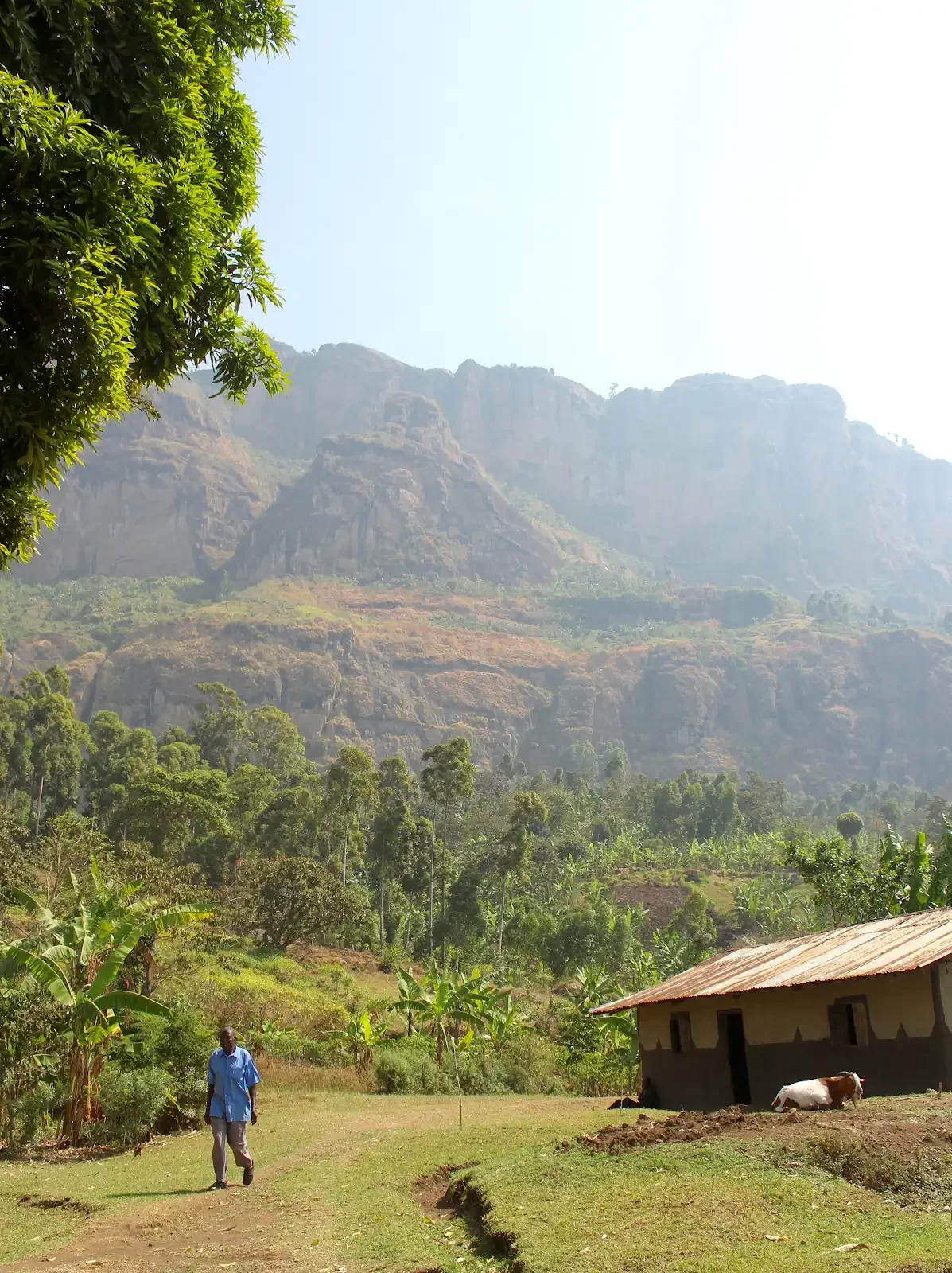Responding to Mudslides in Bulambuli, Uganda
On November 27th, heavy rains triggered devastating mudslides and floods in the upper region of Bulambuli, resulting in significant loss of life, displacement of families, and destruction of homes. 27 communities that Spark works with were affected. In these communities, dozens of lives were lost, and more were hospitalized. Families lost homes, livestock, and vital infrastructure, and many are being relocated to resettlement camps outside of the flood zone.
Based on an assessment of the impacts across communities and through consultation with the Bulambuli local government, Spark developed a response plan to support our partner communities that have been affected. The plan includes:
Immediate financial relief to severely impacted participants who lost a significant portion of their immediate family, as well as their homes and property.
Providing recovery grants to affected communities once conditions have stabilized and community members can resume meetings.
Supporting the replacement of lost investments procured with the community microgrants (primarily livestock).
Availing of professional trauma and counseling support to impacted Spark communities.
Resilience and Response
These devastating events underscore the importance of social cohesion, which Spark’s FCAP is designed to establish within communities. Although our program is not specifically structured to provide disaster relief, the collective action and community engagement it fosters can be leveraged to respond to climate-related disasters and develop community-driven, village-level climate adaptation and mitigation strategies.
Spark is exploring various pathways to enhance the FCAP to meet climate needs, including mitigation and adaptation strategies and addressing the trauma of individuals displaced by natural disasters.
In Bulambuli, Spark is working with the Mount Elgon Tree Growing Enterprise (METGE) to support communities in agroforestry, which complements their livelihoods and safeguards their homes from natural disasters. Planting trees reduces moisture and strengthens soil, helping to prevent landslides. The trees also contribute to the region's biodiversity, enhancing soil quality and increasing crop production. Given the recent mudslides, restoring the integrity of the landscape will be vital to helping villages continue to improve their livelihoods.
Unfortunately, in some cases, residents are forced to relocate before the landscape can be restored. The District Government of Bulambuli has recently established resettlement camps so they can relocate communities from disaster-prone areas. Spark is launching our trauma-informed FCAP in these camps to assist families in recovering and rebuilding. The trauma-informed FCAP was originally piloted in the Rhino Camp refugee settlement in West Nile, Uganda, to address the traumatic experiences of South Sudanese refugees and facilitate their integration into host communities. Spark is now adapting this framework to support families displaced by the mudslides. By implementing the trauma-informed FCAP in these resettlement camps, Spark aims to foster resilience and strengthen community bonds so displaced families can not only recover from disasters but also thrive in the face of future challenges.


